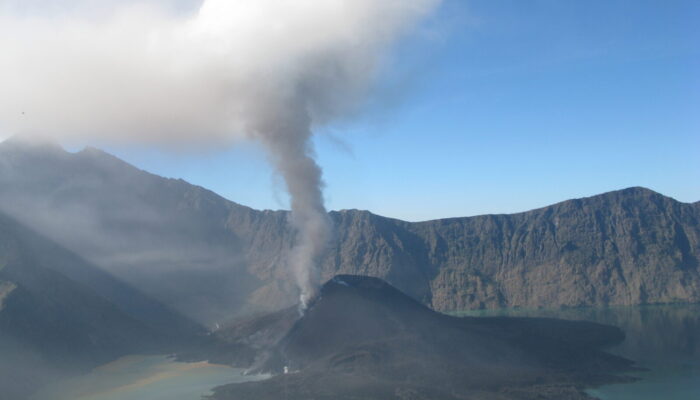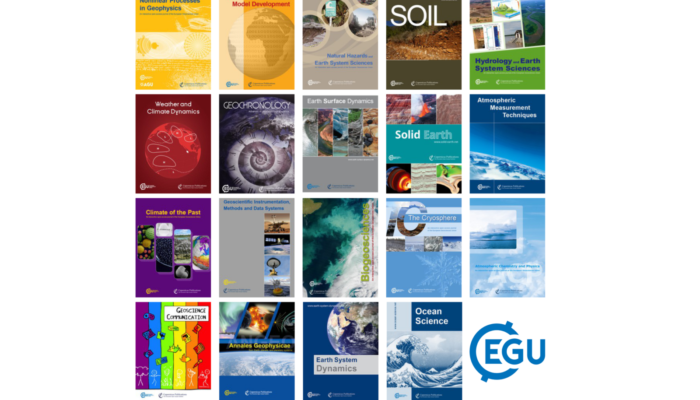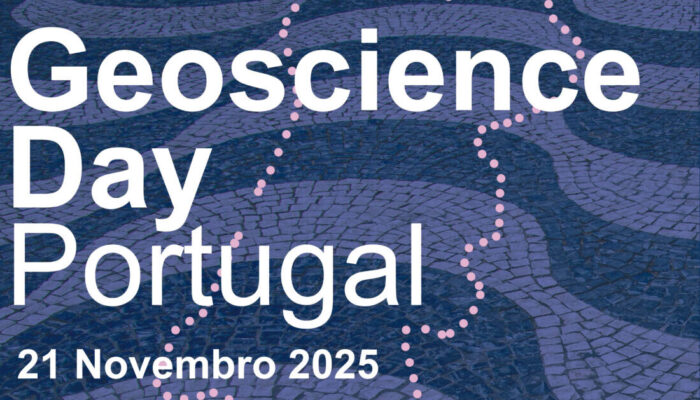Each month we feature specific Divisions of EGU and during the monthly GeoRoundup we put the journals that publish science from those Divisions at the top of the Highlights section. During this month, we are featuring Natural Hazards (NH), Biogeosciences (BG), and Soil System Science (SSS). They are represented by the journals Geoscientific Model Development (GMD), SOIL, Natural Hazards and Earth ...[Read More]
From Coimbra to Mação: The multi-audience impact of EGU’s Geoscience Day in Portugal
Today I am thrilled to be chatting with Mafalda Miranda and her team about the 2025 EGU Geoscience Day. Mafalda is a Geothermal Geoscientist whose expertise spans from the University of Coimbra (Portugal) to her PhD research at the Institut national de la recherche scientifique (Canada). As a co-founder of the geoenergy consulting company GRAnalytics Lda, Mafalda understands the importance of appl ...[Read More]
GeoRoundup: the highlights of EGU Journals published during October!
Each month we feature specific Divisions of EGU and during the monthly GeoRoundup we put the journals that publish science from those Divisions at the top of the Highlights section. During this month, we are featuring Energy, Resources and the Environment (ERE) and Hydrological Sciences (HS). They are represented by the journals Geoscientific Model Development (GMD), Solid Earth (SE), Earth System ...[Read More]
The spectral shadow of Samalas: When climate models conjure the Earth’s forgotten fury

This Halloween, we turn our gaze from fictional haunts to the chilling, rigorous world of paleoclimatology. The paper by Hartmann et al. (2025), published on Climate of the Past, focuses on the implementation of external forcings in a regional climate model around the 1257 CE Samalas volcanic eruption. This paper can be quite the unsettling investigation, since it treats the Earth itself as a time ...[Read More]


